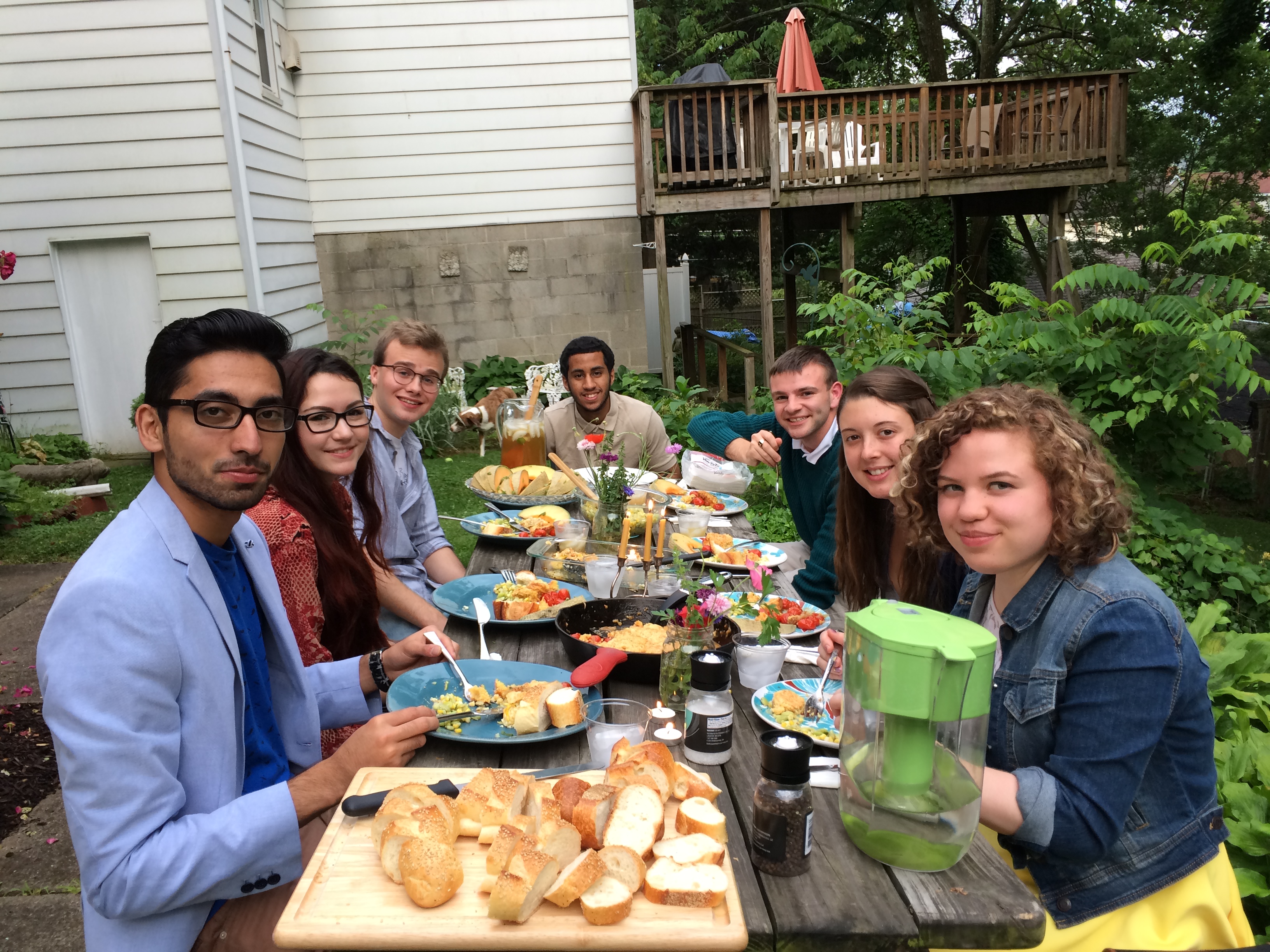“Deeds, not stones, are the true monuments of the great.”
— John L. Motley
Change is inevitable. Traits, ambitions, skillsets, ideas — they all evolve, parallel to our own growth. In retrospect, these 6 weeks have proven to be challenging, but also equally gainful. At their end, I have found novelty, both within myself and within my studies.
At the beginning of June, I felt a simultaneous sense of exhilaration and vulnerability. The Digital Humanities summer program provided me with my first undergraduate-level research experience. I was full of ideas, some of which were difficult to verbalize and give shape to. That’s where the vulnerability lay, I think. The doubt stirring underneath my consciousness, with only a few appearances, but many influences. Was my research proposal truly interesting? Did I, as the only rising sophomore in the eclectic group, have the ability to ask questions and reach answers within the confines of 6 weeks? Was I responsibly conveying these answers through my paper and my project, or was I warping reality through the influence of my own biases?
Looking back, my desire to explore monuments across all of Eastern Europe seems rather nonsensical. I admit that at some points, when I was advised to narrow down my ambitions, I felt hurt. I hid it, but underneath my skin it spread like a mottled bruise. Too many nights in a row, I stayed up late, looking through my database and wondering what could be so wrong that I should change it. In my mind, I needed a tangible reason to change direction — generally put, ‘too broad’ was simply not good enough.
But I realize, six weeks later, that I needn’t have spent those nights in the company of a database, accompanied by a lingering sense of doubt. I should have turned towards myself, instead, and questioned my own intentions. Why had I allowed myself to accept the notion that my first research ideas should be the pillars upon which I would build an empire? Unlike the monuments that I was to examine, I was not made of stone. No. As a human being, I was meant to be swayed by the winds of change, for change is what fuels progress, and progress is what ultimately leads to growth.
Now, I am grateful for the guiding hands on my shoulders, which steered me in the direction of the right path. I remember walking down the steps of Skillman Library and allowing myself but a few seconds to be disappointed: in my over-zealous ambition, in my jumping in head-first, in the fruitlessness of close to 3 weeks worth of work. But I had seen others stumble and fall and get back on their feet right away — and that meant I was capable of that, too. So with a new-found strength in my steps, I made my way home.
Home is where my new project spread its roots, too. Bulgaria. The motherland, where everything just seemed to flow so easily, so smoothly. My research became much more enjoyable, because the monuments that I was examining — at some points, I had actually seen and touched in person. There I was, then, separated from home by thousands of miles and an endless ocean, and yet, I somehow spent my days at this home. I devoted countless of hours in finding the links between the abstract concepts of history, and the tangible treatment of monuments. And nothing could have been more fulfilling, because I had finally found my direction, and reached my place.
Six weeks later, I am returning to my motherland. And if there is one thing I know for sure, it is that I will gaze upon Bulgaria’s communist-era art (which was, once upon a time, built upon the thrones of fallen heroes and dictators) with brand new eyes.
